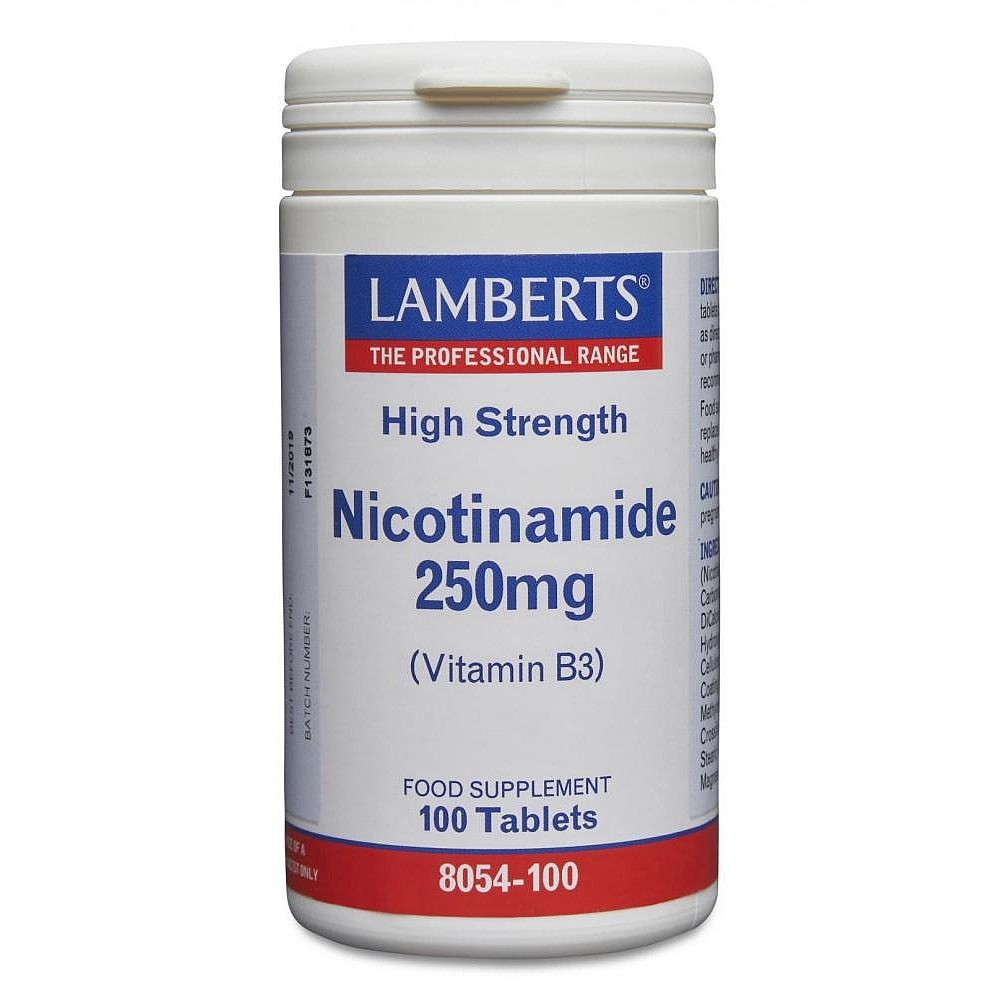Nicotinamide
Vitamin B group member nicotinamide is a water-soluble vitamin. Niacinamide and nicotinic acid amide are other names for nicotinamide. Niacin, also known as vitamin B3, is an amide of nicotinic acid.Supplemental niacinamide is typically well tolerated. Mild gastrointestinal upset is the most frequent side effect, which can be prevented by taking the supplement with food. Some people may experience skin flushing from nicotinamide. As long as the supplement is used regularly, this side effect should subside. Rarely, higher doses of nicotinamide can result in more severe side effects like liver damage, but only very rarely and only in those individuals.It is crucial to consult your healthcare provider before beginning a nicotinamide supplementation regimen to ensure that it is appropriate for you.

